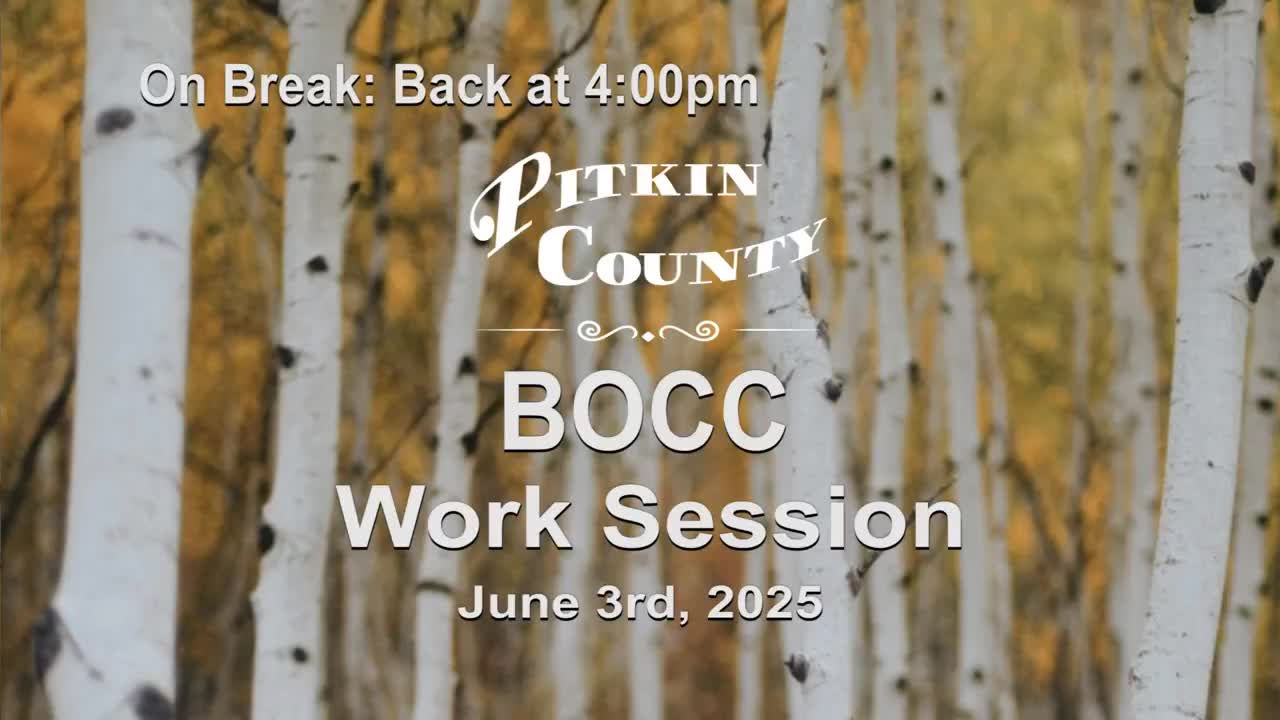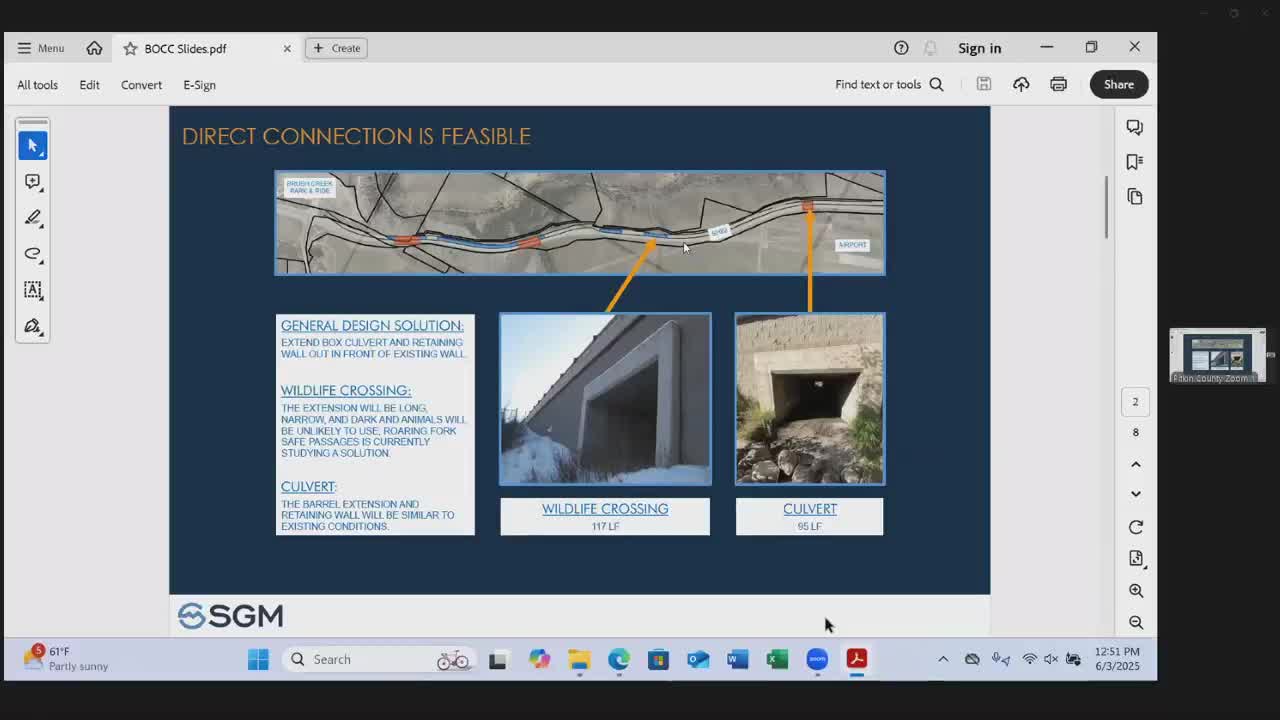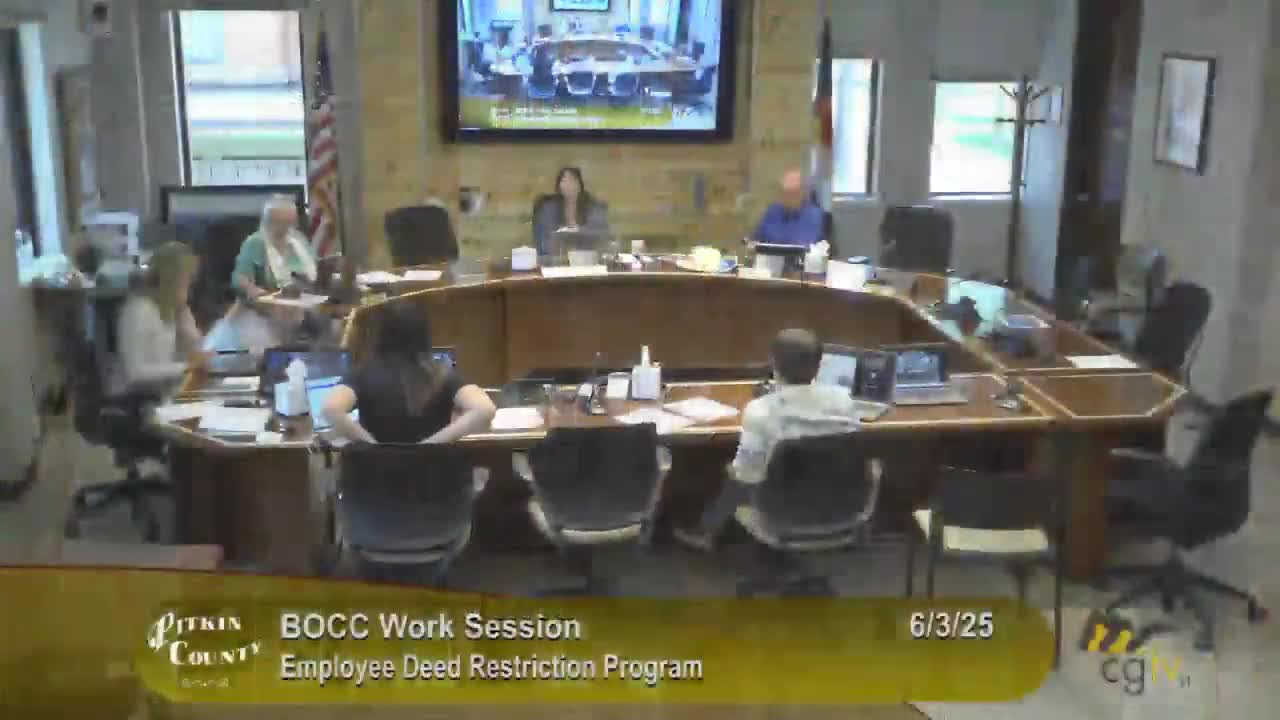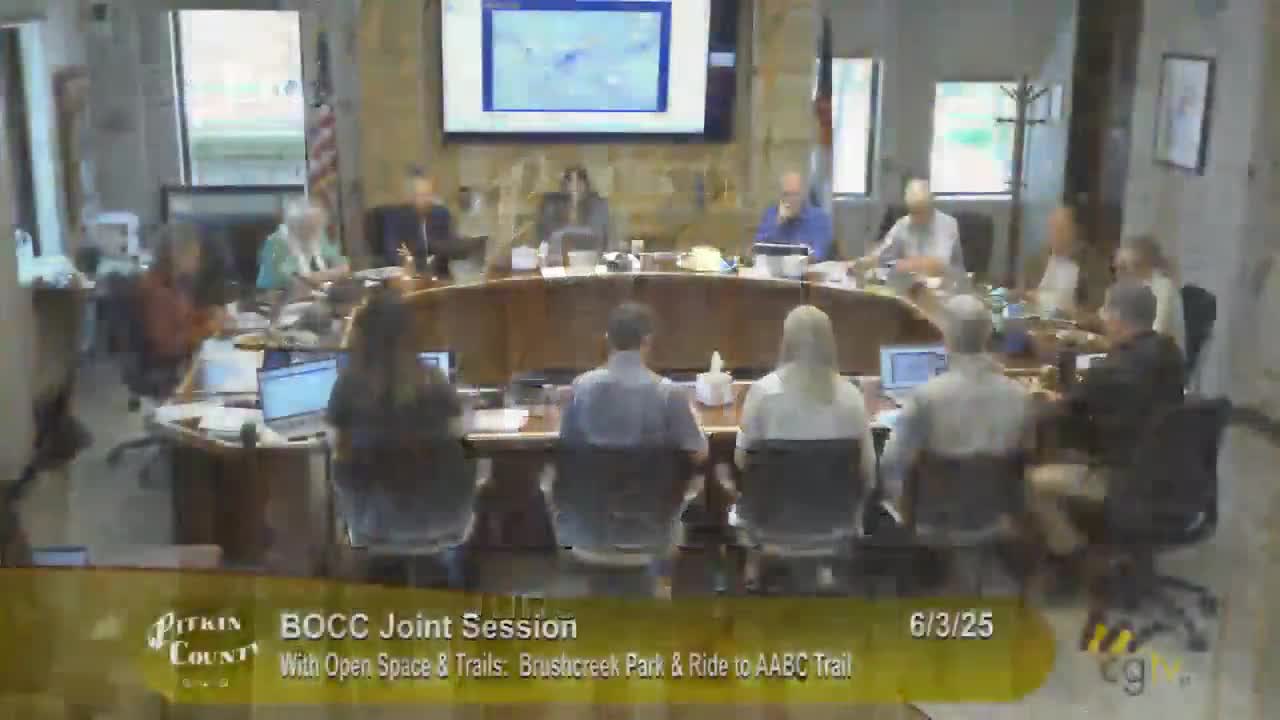Article not found
This article is no longer available. But don't worry—we've gathered other articles that discuss the same topic.

City and county outline potential November ballot items: school taxes, lumber‑yard financing, fire district and airport options

Pitkin County and Aspen outline wildfire outlook, evacuation tools and mutual‑aid structure; officials urge residents to prepare now

Pitkin County says deed‑restriction employee housing program is in demand; staff will ask for $900,000 supplemental

